Business
“Change Should Be More Than Mere Slogan” – Julius Nwokolo

Julius Nwokolo, the CEO of Ultramoda Nigeria limited , a clothing company, in this interview gives an overview of the state of the nation, proffering solutions to thorny issues and explaining how he has managed to attain and maintain the high standard his company is noted for
Can you give us a brief history of your company?
We have been on this work for 16 years. I started it while I was a student. It was a hobby but it later took part of me and became etiquette, so to say. I resigned from lectureship in Europe, came back and embarked on it and since then, I’ve been on it, trying to sustain it. I’ve always dreamt to be a master of myself. From my course of study, I went through developmental studies, so I think that influenced me that I could also be an employer of labour. That’s a brief history of my company.
As an economist, can you take us through the gamut of the economy of this great country?
It’s been good that we have beautiful structures historically and every time we push this to the colonial masters. We have had all the years to restructure the economy but if we turn the pages, everything about us is beautifully written but implementation is always the issue. Implementation is part of the problem we basically have in Nigeria and this has to do with the government.
Proffering a solution to this problem, how can we go about it?
The government should restructure the situation. Nigeria is very rich. They should be employer of labour instead of having full loads of cash in bank accounts. Ordinary toilet roll industry costs less than N50m. They can tap into it. We have about 10 families that will feed under that directly. Ordinary wooden hanger is being imported from China. We have woods all over Nigeria; we can establish a furniture company. We can tap into establishing small scale businesses. We overlook things that could contribute to national economic development.
What is your take on efforts by the current administration?
Unfortunately, you can’t talk about them without mentioning the past administration; which was very weak and corrupt. And that is why Nigerians rushed into the acceptance of the slogan ‘Change’.
Basically, it’s like the ‘Change’ is just a slogan thing. I won’t be surprised if at the end of the regime there was no change, because the structure for change was not made. You cannot embark on a project without the foundation. Change isn’t just from pages of newspapers or on television. You have to have the right people to be there. I seriously doubt if there will be any change.
What is your take on the new ministers?
The ministerial nominees are a serious disappointment after the long wait. You can’t tell me that you can’t find the ‘Change’ in personalities in a country of over 200 million people. I wouldn’t want to take it personal but the truth is the nomination is like compensation. It is not about what they know. We are bringing the same people together. It is like compensation, maybe because they have been part and parcel of you. We have different vibrant Nigerians who are very capable but they were not nominated. We need someone who can give the radical change.
The nomination was based on compensation. They were nominated because they helped the President during election. If we want change, we need new people too. Even if they don’t perform well, history will acknowledge that, at least, you did it.
A lot of people believe Buhari is diverting his strength to fighting corruption, thereby neglecting economic policies. What is your take on that?
It takes me back to what I said earlier – lack of super structure. This is a distraction from focus. He has deviated. Fraud isn’t the function of the President; it is the work of the law enforcement agencies. It’s not an achievement. It’s a complete distraction. Instead of hearing that Niger Bridge has been completed, I’m hearing that Diezani [Alison-Madueke] is being held in London. What is my business with that? Does that contribute to my meal ticket, as an average Nigerian? What’s the accountability on the looted funds?
Basically, are you cautioning or advising Buhari?
Buhari is my president, I cannot caution him. My advice to him is to be focused. He should read the theory of change, he should establish the super structure for what a change is supposed to be and take it over from there and restructure all that has gone wrong. We are waiting on him because we need a real sense of change. The people who will make the change are in this country and they should be invited to do that. Not those that we already know; we want freshers. You don’t have to be a member of a party to bring a change. We are talking about Nigeria, not APC or PDP.
Let’s take a look at Lagos State. A lot of people think Governor Akinwunmi Ambode hasn’t really taken off. Whats your take on that?
Don’t forget he is an accountant by profession. He could be very good in his field. With that background, I’m not expecting much. Take a look at Allen Avenue and Opebi Road, even Ikeja, which is Lagos State headquarters. You can’t just drive around. From Opebi to Allen is just too bad. You can’t tell me government officials don’t pass through there. We are not thinking in Nigeria. They should also stop disturbing the movement of people all in the name of construction. They can do it on Sundays or even midnight. A lot of things had gone slow before Ambode took over, so it is going to take him some time.
Can you tell us what has been the secret of your success?
Consistency. No matter how it comes, I try to correct myself when I need to. That’s the magic so far. Practically, the way I talk about developing people. A lot of people have worked in and established themselves from this place. If I can do that, you can do that, it will be easy; it’s not all about the government. The other part of is humility, I don’t think there is anyone that will say I offended him or her, even as a customer. Financial challenge is the negative part of it but as much as it is, we’ve been trying to manage it.
What would you say makes you unique?
I try to source for uncommon things and then do achievable things. We have what everybody wants.
How have you been able to manage where you source your materials from?
My relationship with my supplier has been very cordial. Most of my current designers now have known me for long. We have known each other for more than 15 years. I’ve never been arrested for refusing to pay up; whenever we have debt, we manage it.
Do you have any plans to bequeath the business to any of your children?
Funny enough, my children have chosen academics. It doesn’t have to be my children. Someone working under me can take over. I know people who I’ve planted in and have seen them grow. People like appreciation. Many of them are far richer than I am but I’m happy that they passed through me. It gives me joy
How have you been able to maintain the brand?
It’s the same consistency. If you answer to a different name every time, something is wrong, it is not about branding.
Business
Renewed Hope Ambassadors Inspect RHA Secretariat
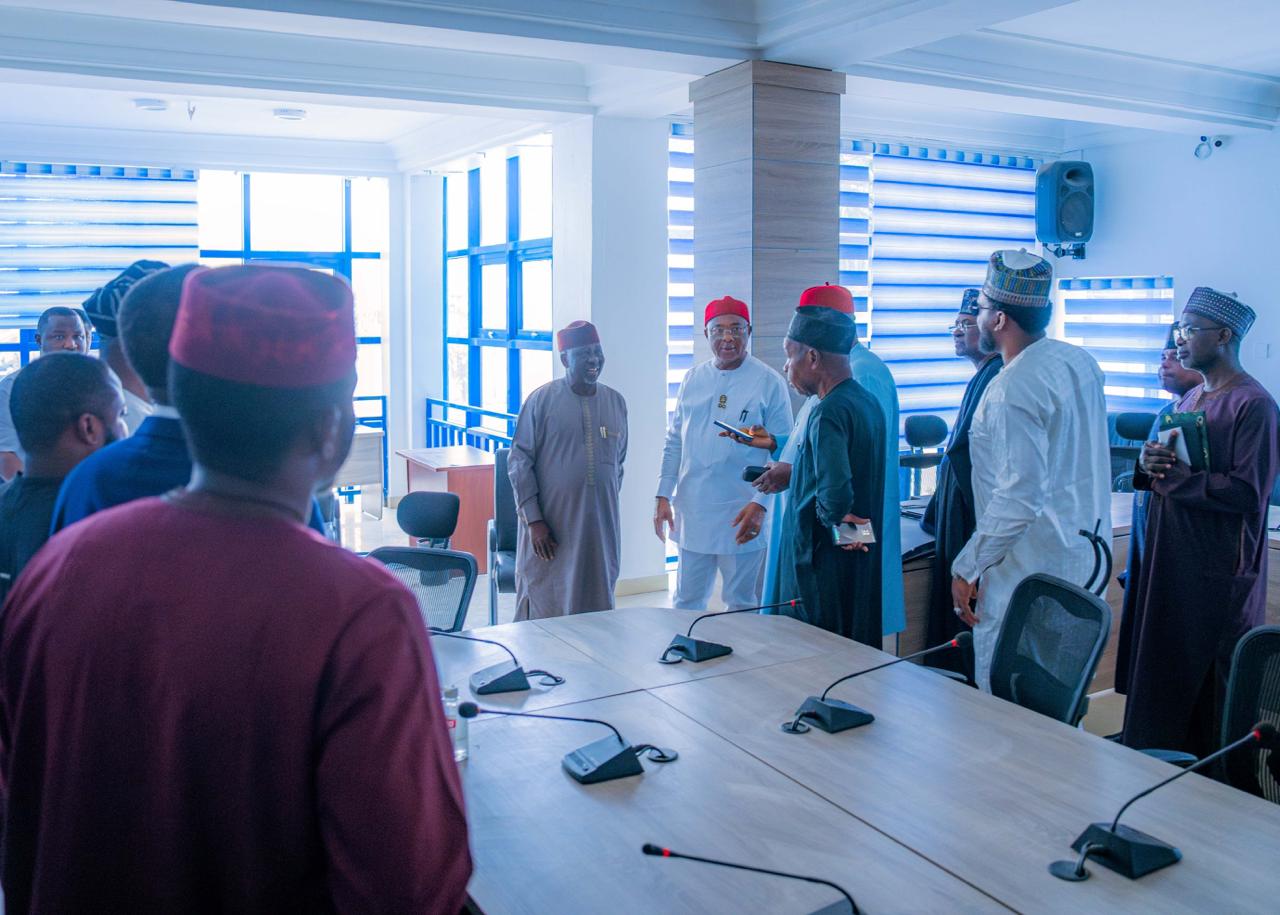
Renewed Hope Ambassadors Inspect RHA Secretariat
Renewed Hope Ambassadors, led by its Director-General and the Governor of Imo State, Hope Uzodinma, alongside Zonal Coordinators (NW, NC, SE), the Media & Publicity Directorate, and other key stakeholders, inspected the RHA Secretariat two days after President Bola Tinubu unveiled the Renewed Hope Ambassadors grassroots engagement drive in Abuja.
Business
Harmony Gardens’ Ibeju-Lekki Portfolio Crosses $1bn

Harmony Gardens’ Ibeju-Lekki Portfolio Crosses $1bn
Harmony Garden & Estate Development Limited has expanded its development activities across Ibeju-Lekki, pushing the projected long-term value of its estate portfolio beyond $1 billion.
Led by Chief Executive Officer Hon. Dr. Audullahi Saheed Mosadoluwa, popularly know Saheed Ibile, the company is developing seven estates within the Lekki–Ibeju corridor. Details available on Harmony Garden & Estate Development show a portfolio spanning land assets and ongoing residential construction across key growth locations.
A major component is Lekki Aviation Town, where urban living meets neighborhood charm, located near the proposed Lekki International Airport and valued internally at over $250 million. The development forms part of the company’s broader phased expansion strategy within the axis.
Other estates in the corridor tagged as the “Citadel of Joy” (Ogba-idunnu) include Granville Estate, Majestic Bay Estate, The Parliament Phase I & II, and Harmony Casa Phase I & II.
With multiple projects active, the rollout of the Ibile Traditional Mortgage System, and structured expansion underway, Harmony Garden & Estate Development Ltd continues to deepen its presence within the fast-growing Ibeju-Lekki real estate market.
Business
BUA Group Showcases Food Manufacturing Strength at 62nd Paris International Agricultural Show
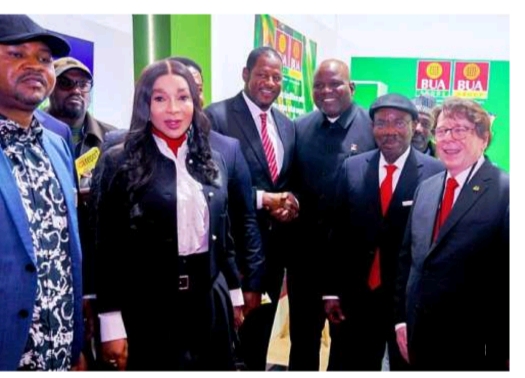
BUA Group Showcases Food Manufacturing Strength at 62nd Paris International Agricultural Show
BUA Group, one of Africa’s leading diversified conglomerates, is maintaining a strong presence at the ongoing 62nd edition of the Paris International Agricultural Show in France, participating as a premium sponsor and supporting the Nigeria Pavilion at one of the world’s most respected agricultural gatherings.
The 62nd Paris International Agricultural Show, taking place from February 21 to March 1, 2026, at Porte de Versailles in Paris, convenes global leaders across farming, agro processing, technology, finance, and policy. The event serves as a strategic platform for industry engagement, knowledge exchange, and commercial partnerships shaping the future of global food systems.
BUA Group’s participation reflects its long term commitment to strengthening the entire food production value chain. Through sustained investments in large scale processing, value addition, and branded consumer products, the Group continues to reinforce its role in advancing food security, industrial growth, and regional trade integration.
Speaking on the Group’s participation, the Executive Chairman of BUA Group, Abdul Samad Rabiu CFR, said, “BUA’s presence at the Paris International Agricultural Show reflects our belief that Africa must be an active participant in shaping the future of global food systems. We have invested significantly in local production capacity because we understand that food security, industrial growth, and economic resilience are interconnected. Platforms like this allow us to build partnerships that strengthen Nigeria’s competitiveness and expand our reach beyond our borders.”
BUA Foods, a subsidiary of BUA Group, maintains a strong footprint in flour, pasta, spaghetti, sugar, and rice production, serving millions of consumers within Nigeria and across neighbouring African markets. The Managing Director of BUA Foods, Engr. Abioye Ayodele, representing the Executive Chairman, is attending the event at the Nigeria Pavilion, engaging industry stakeholders and showcasing the company’s manufacturing capabilities.
Also speaking at the show, Engr. Ayodele stated, “BUA Foods has built scale across key staple categories that are central to household consumption. Our participation at this Show allows us to demonstrate the quality, consistency, and operational strength behind our products. We are also engaging global stakeholders with a clear message that Nigerian manufacturing can meet international standards while serving both domestic and regional markets efficiently.”
The Show provides BUA Group with an opportunity to deepen trade relationships, explore new export pathways, and reinforce Nigeria’s growing relevance within the global agricultural and food ecosystem.
BUA Group remains focused on building enduring institutions, expanding productive capacity, and positioning African enterprise competitively within global markets.
-

 celebrity radar - gossips6 months ago
celebrity radar - gossips6 months agoWhy Babangida’s Hilltop Home Became Nigeria’s Political “Mecca”
-

 society5 months ago
society5 months agoReligion: Africa’s Oldest Weapon of Enslavement and the Forgotten Truth
-

 society6 months ago
society6 months agoPower is a Loan, Not a Possession: The Sacred Duty of Planting People
-

 news7 months ago
news7 months agoTHE APPOINTMENT OF WASIU AYINDE BY THE FEDERAL GOVERNMENT AS AN AMBASSADOR SOUNDS EMBARRASSING










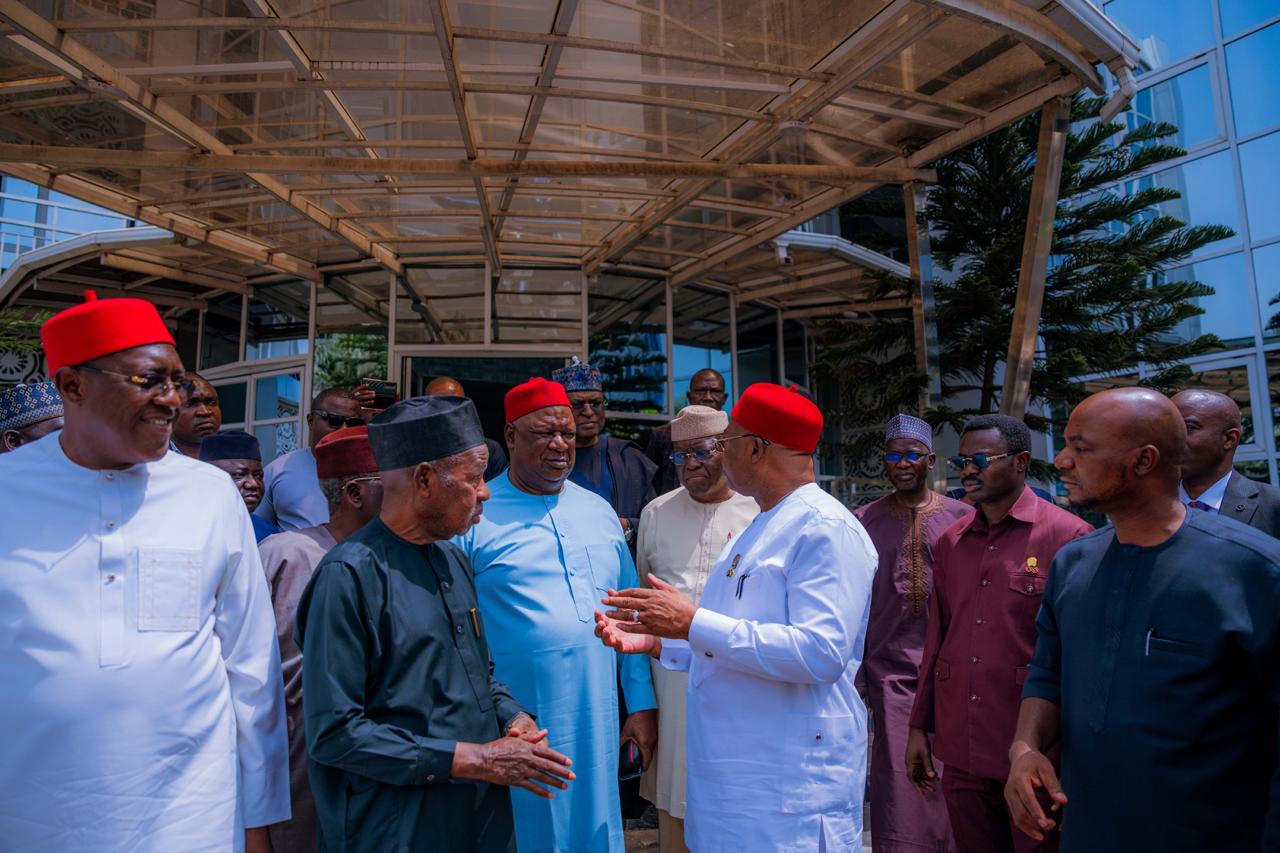

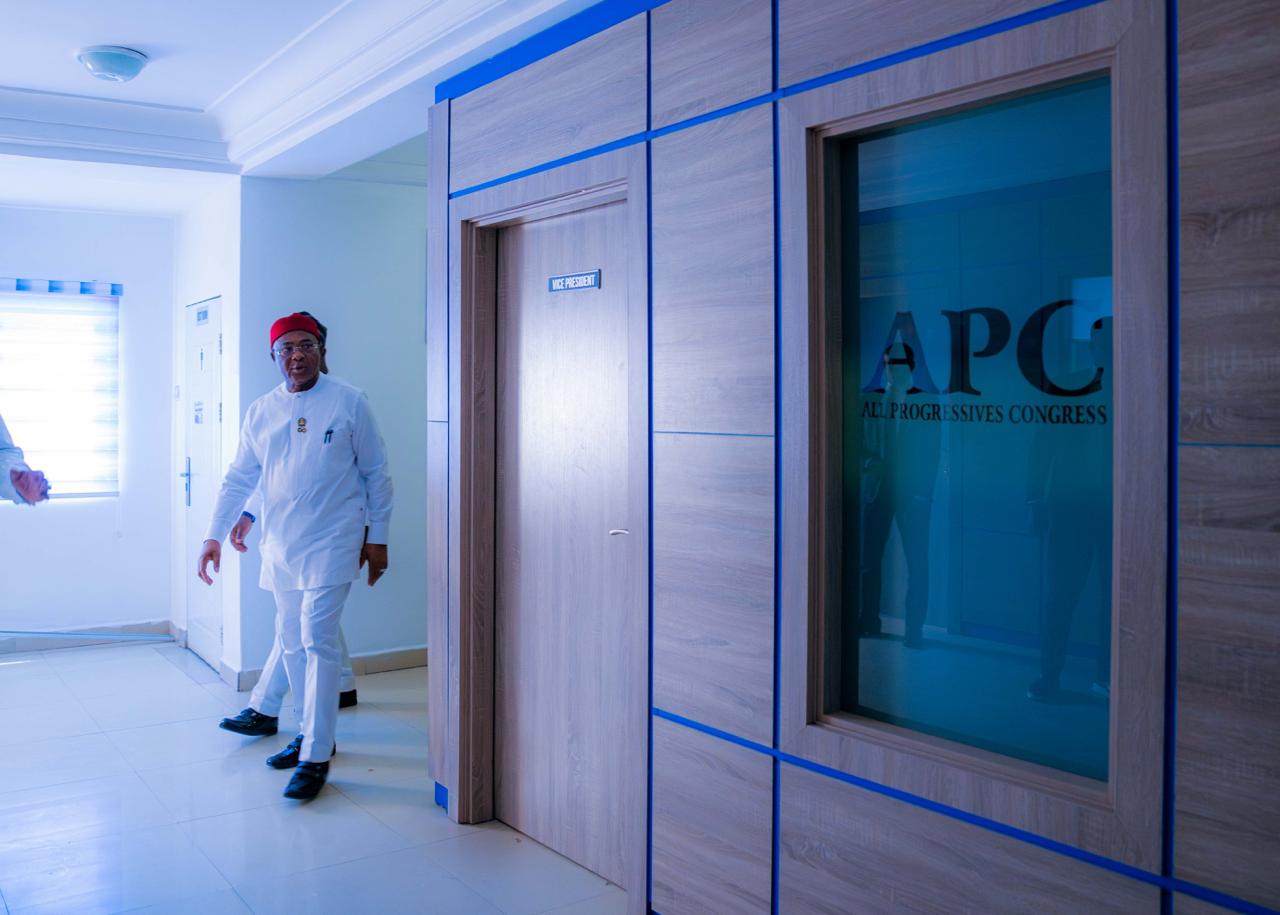
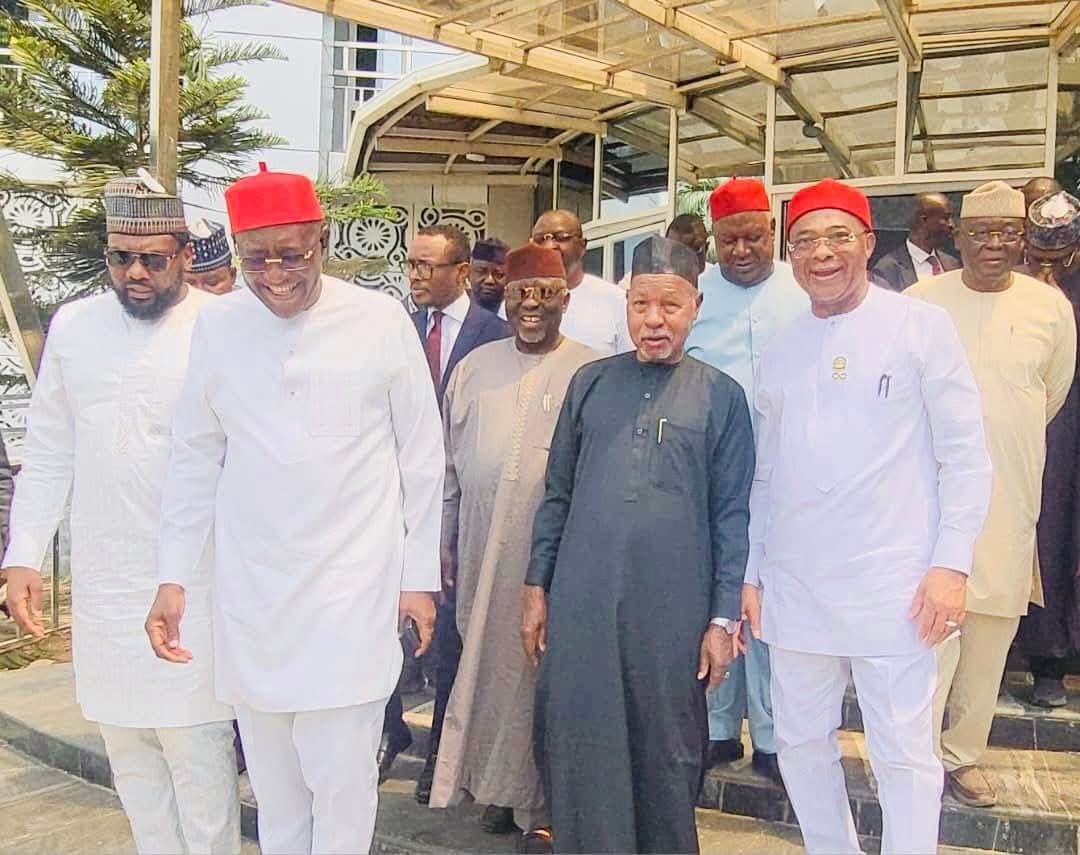
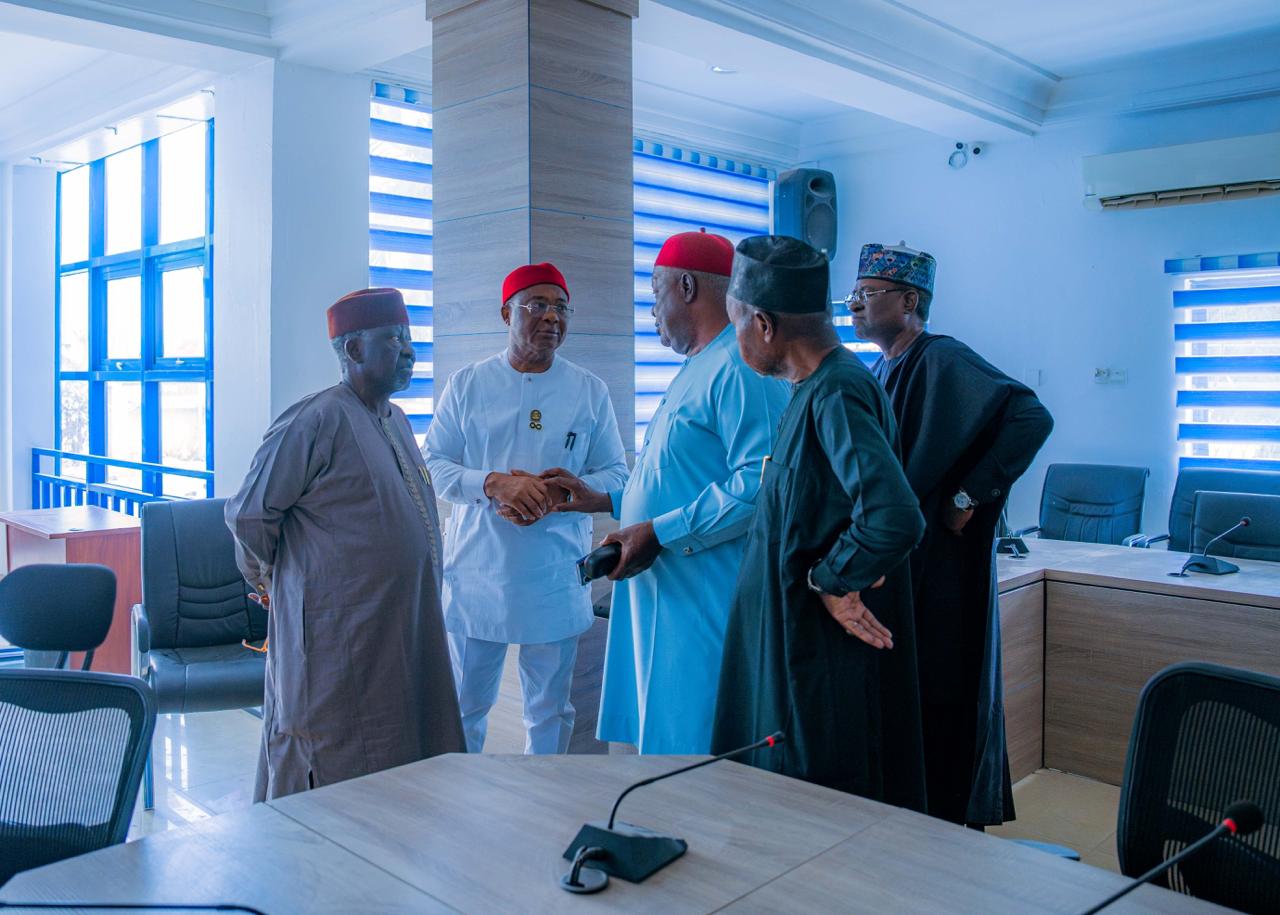
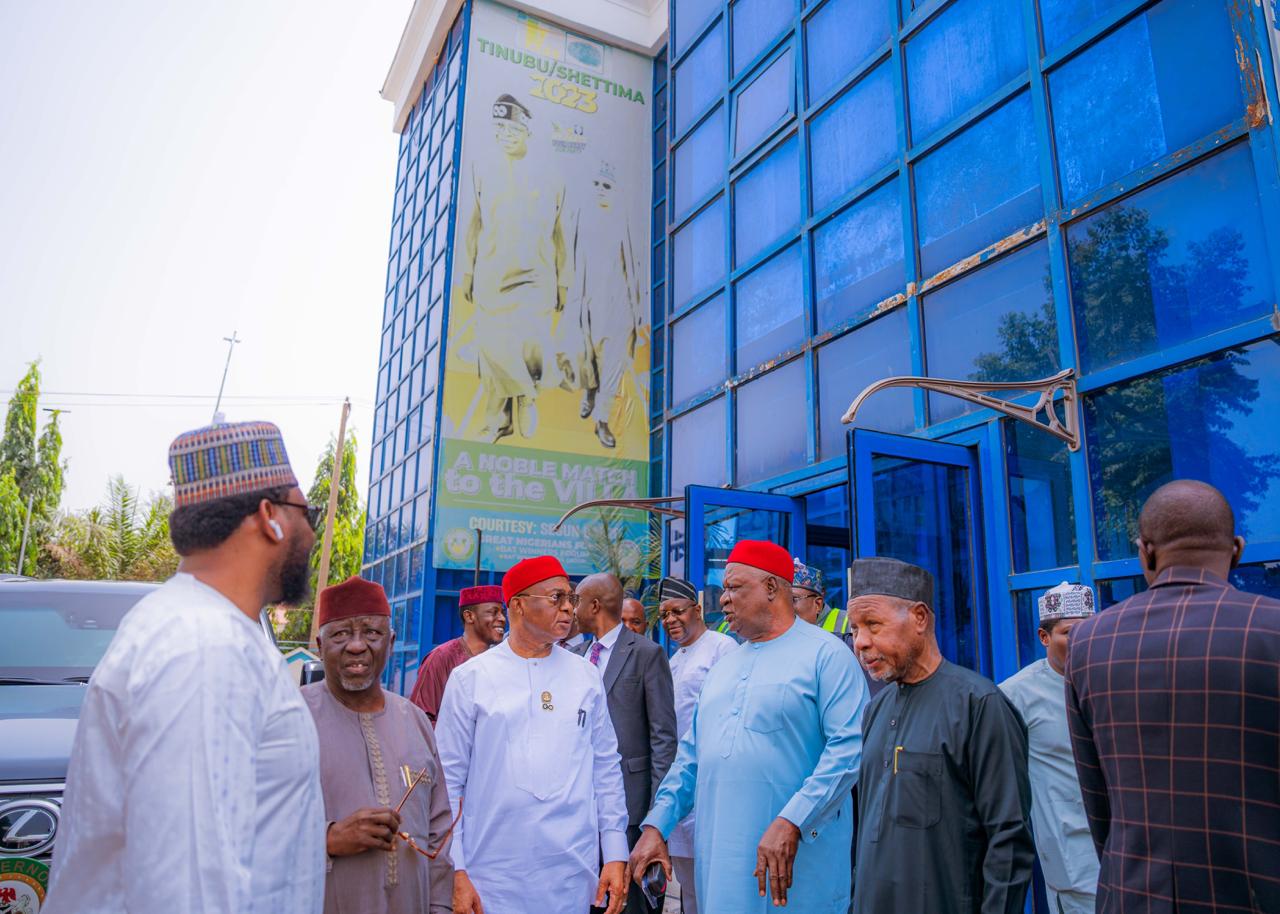

You must be logged in to post a comment Login